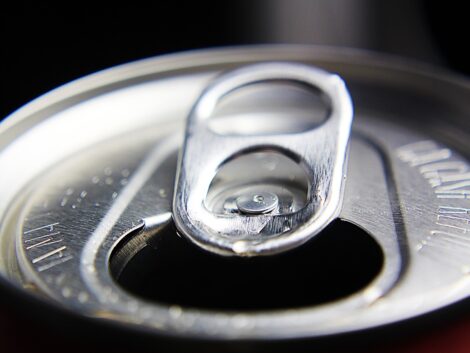Covid-19 accelerates RTD sector growth
The Covid-19 pandemic changed a lot about how we work, learn and socialise.
The early days of at-home cocktail experimenting and restaurant alcohol delivery have passed, and as more consumers are venturing back out for on-premise drinking and dining, they are opting for simpler alcoholic beverage options in the ready-to-drink (RTD) category.
“Consumers’ booming interest in RTDs is driving rapid growth and premiumisation in the category,” said Drew Levinson, Breakthru Beverage Group Vice President, Business Development, Emerging Brands.
“We’re predicting a continued and sustained acceleration in the ultra-premium RTD space based on consumers’ desires for greater convenience, innovation and elevated flavor choices.”
Currently, RTD retail sales are up 116% from 2019 and up 18% from 2020, according to Nielsen. The category is even outpacing other hot growth categories like tequila and whiskey to the tune of $7.7 billion in retail, or 10% of total beverage alcohol revenue.
The International Wine and Spirits Record (IWSR) expects the total RTD category to grow from about 9.6% volume share of total beverage alcohol to 22% by 2025.
This growth is especially apparent on many resort properties, where consumer preferences and staffing shortages alike have spurred more creative options where grab-and-go RTDs represent the No. 1 alcohol sales opportunity at resort properties and pools.
“With limited or no in-room dining, hotels and resorts needed to pivot and provide guests with the elevated, sophisticated drink options they are accustomed to while making it as easy as possible on their reduced staffs,” said Sharon Charny Woschitz, Breakthru’s National Accounts Headquarter Director, East.
“It’s not just at hotels and resorts – where we’ve seen a 332% growth. Due to quality, innovation and sustainability, RTD’s popularity is also rising in new occasion areas such as weddings, golf courses and concerts.”
Convenience aside, consumers are eager to drink RTDs—and trade up to ultra-premium RTD cocktails—because of the innovative and elevated product offerings on the market today.
The first RTD many consumers try is a fermented malt beverage (FMB), which is less than 10% ABV and perceived as similarly priced ($2-$4 for two cans) across the category.
Consumers then begin experimenting with higher-priced ($4-$6 for two cans) wine and spirit offerings like seltzers and spritzers, which consumers view as similar products regardless of the base.
They then trade up to ultra-premium, wine- and spirit-based cocktails, which are the most expensive ($6 for two cans) and include popular canned cocktails like Moscow Mules and margaritas.
The ultra-premium category especially is ripe for innovation. Consumers are looking not just for their favourite cocktail delivered in an easy-to-drink can but also for sophisticated flavours with quality ingredients and trendy additives like agave nectar.
“The RTD category evolution has been fascinating to watch, pulling in elements from trends like the craft movement, moderation and health and wellness to align with consumer preferences,” addedWoschitz.
Breakthru’s RTD sales have continued to outpace national trends in the last year and continue to pick up share in the important cooler space.
“We’ve watched the rapid growth of RTDs carefully the past few years, leveraging our data and analytical insights to ensure our customers have what they need to meet evolving consumer demands,” said Levinson.
“We were ready for this popularity shift, and embraced an innovative portfolio with enterprise-wide capabilities that make it easy for on and off-premise customers to offer diverse and highly relevant brands to consumers. We will continue to closely monitor this segment to ensure we represent the best and most innovative brands in the RTD space.”








